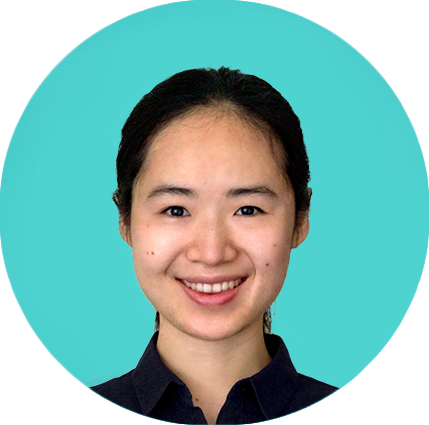Keynote

Martin Hirzel
http://hirzels.com/martin/Traditionally, computer programming has been the prerogative of professional developers using textual programming languages such as C, Java, or Python. Low-code programming promises an alternative: letting citizen developers create programs using visual abstractions, demonstrations, or natural language. This talk begins by reviewing low-code literature from various research fields, explaining how techniques work while providing a unified point of view. Next, this talk provides a deep-dive into low-code for automating digital labor, especially for invoking APIs and for specifying APIs in a way that makes them easier to invoke. Low-code can help more people leverage recent advances in foundation models to become more productive and less dependent on scarce professional software developers.

Shen Jiasi
Software now plays a central role in numerous aspects of human society. Current software development practices involve significant developer effort in all phases of the software life cycle, including the development of new software, detection, and elimination of defects and security vulnerabilities in existing software, maintenance of legacy software, and integration of existing software into more contexts, with the quality of the resulting software still leaving much to be desired. This talk provides a general overview of how programming languages research addresses these challenges and discusses how AI research can help.